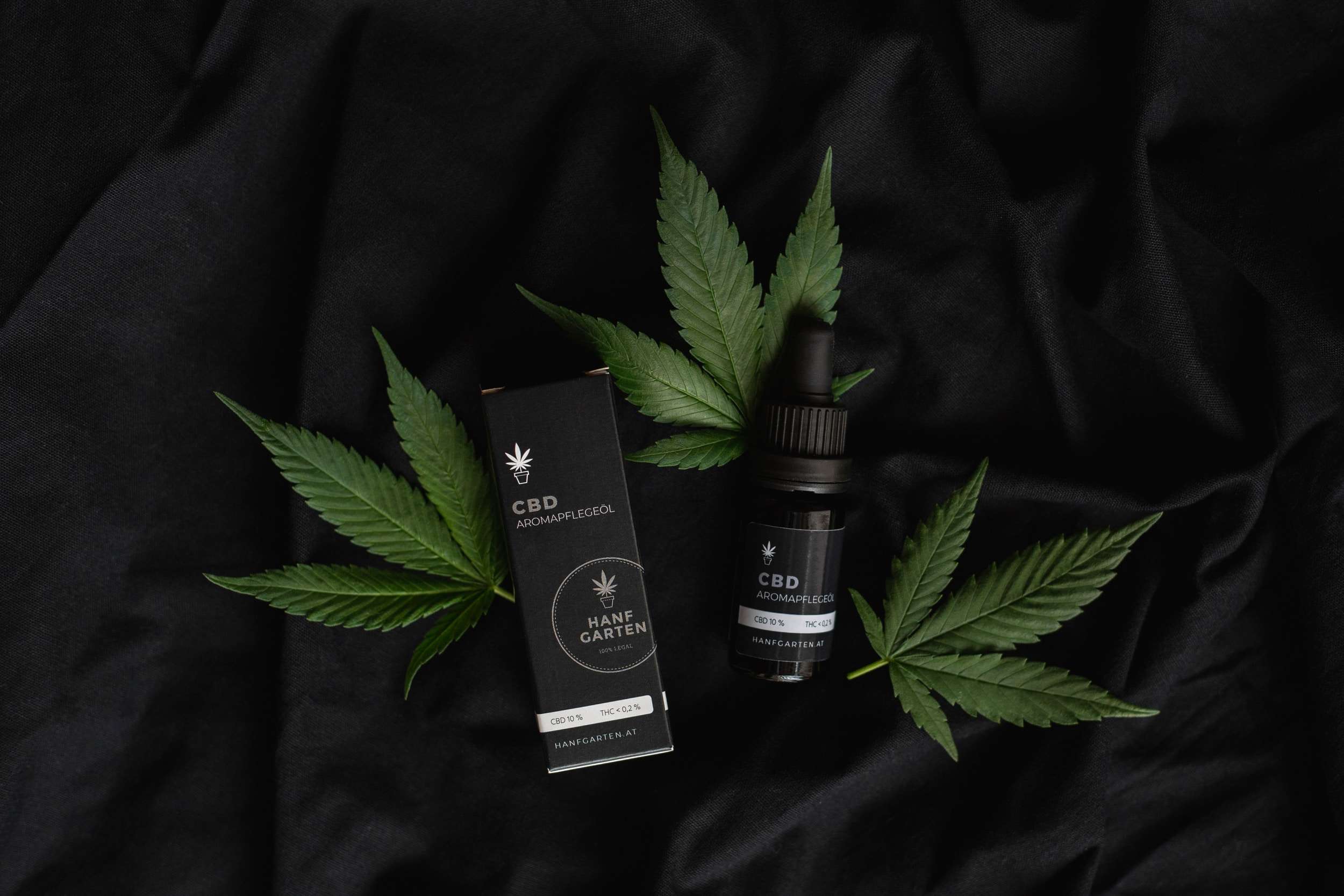Soothing the Senses: How CBD Oil Can Alleviate Sensory Discomfort
Our senses provide us with a profound connection to the world around us. From the gentle touch of a breeze to the delightful aroma of a freshly brewed cup of coffee, our senses enrich our experiences and contribute to our overall well-being. However, for some individuals, sensory discomfort can significantly impact daily life. As people search for natural ways to find relief, CBD oil has emerged as a potential solution. In this article, we will explore how CBD oil might offer relief from sensory discomfort and promote a greater sense of well-being.

Understanding Sensory Discomfort
Sensory discomfort encompasses a range of experiences in which one or more of the senses—sight, hearing, touch, taste, and smell—become sources of discomfort or distress. This can manifest as hypersensitivity, heightened awareness of sensory stimuli, or even aversion to certain sensory experiences. Sensory discomfort can be particularly challenging for individuals with sensory processing disorders, anxiety, or certain medical conditions.
The Role of CBD in Alleviating Sensory Discomfort
Cannabidiol (CBD), a non-psychoactive compound derived from the cannabis plant, interacts with the body's endocannabinoid system (ECS). The ECS plays a vital role in regulating various physiological processes, including those related to sensory perception and discomfort. CBD's interaction with the ECS may influence neurotransmitter release, inflammation, and neural pathways associated with sensory processing.
Scientific Evidence on CBD's Effects on Sensory Discomfort
Research into CBD's effects on sensory discomfort is still evolving, and while the field is relatively new, there are promising findings that suggest potential benefits. A study published in the European Journal of Pain in 2019 discussed the potential of CBD for pain management and its potential to modulate sensory responses. The researchers noted that CBD might impact sensory processing pathways, potentially offering relief from sensory discomfort.
Another study published in the Frontiers in Psychology journal in 2020 explored the effects of CBD on sensory processing sensitivity. The study suggested that CBD might modulate the neural circuits involved in sensory processing and potentially alleviate hypersensitivity.
CBD's Potential Anxiolytic Effects
Anxiety and stress can exacerbate sensory discomfort, making relaxation and comfort difficult to attain. CBD's potential anxiolytic (anxiety-reducing) effects may contribute to alleviating sensory discomfort. By interacting with receptors associated with anxiety regulation, CBD could potentially promote a sense of calm and ease sensory distress.
Incorporating CBD into Your Sensory Comfort Routine
When considering CBD oil to alleviate sensory discomfort, it's important to choose a high-quality product from a reputable source. CBD oil can be taken orally, sublingually, or added to foods and beverages. The appropriate dosage may vary based on individual needs and health conditions.
Consulting Healthcare Professionals
Before incorporating CBD oil into your sensory comfort routine, consulting with healthcare professionals is recommended. They can provide personalized advice based on your specific sensory concerns, medical history, and any ongoing treatments.

Conclusion
Finding relief from sensory discomfort is essential for achieving a greater sense of well-being and tranquility. As individuals seek natural ways to alleviate sensory distress, CBD oil offers a promising avenue for exploration. While research is still unfolding, the existing evidence suggests that CBD's interaction with the endocannabinoid system, its potential to modulate sensory processing pathways, and its anxiolytic effects could contribute to soothing the senses and promoting comfort. Incorporating CBD oil into your sensory comfort routine, under the guidance of healthcare professionals, could be a step towards embracing a more harmonious sensory experience.
Sources:
- La Porta C, Bura SA, Negrete R, Maldonado R. Involvement of the endocannabinoid system in sensory sensitization and its interaction with the opioid system: Peripheral antinociceptive effects of FAAH inhibitors. Pain. 2013;154(8):1504-1516. DOI:10.1016/j.pain.2013.05.017
- Ballendat NE, Lenz AS, Saxena G, et al. Neurofeedback training with a focus on positive emotions normalizes visual sensitivity to negative stimuli in sensory processing sensitivity. Front Psychol. 2020;11:1225. DOI:10.3389/fpsyg.2020.01225
Please note that the scientific landscape is continually evolving, and new research may have emerged since the publication of these sources. Always consult with healthcare professionals before making any significant changes to your sensory comfort routine.